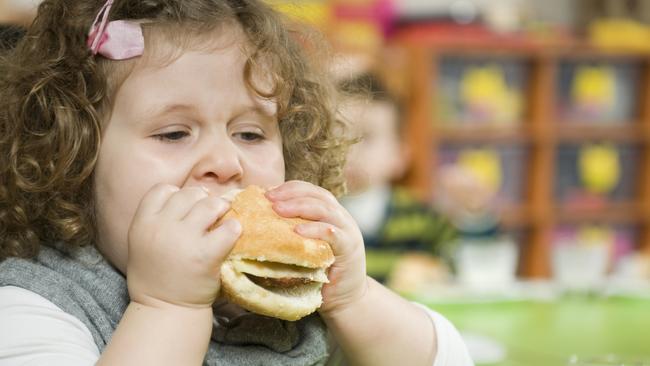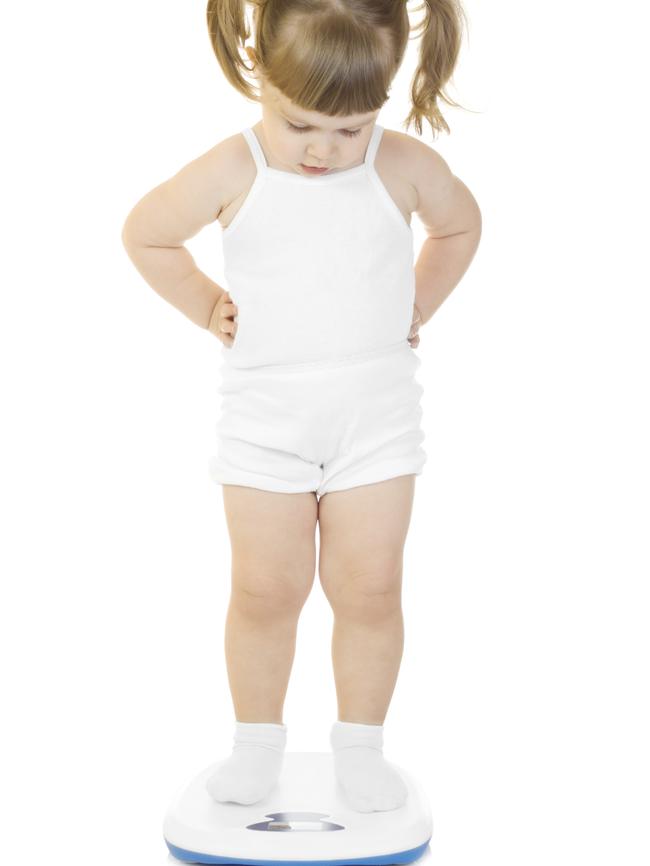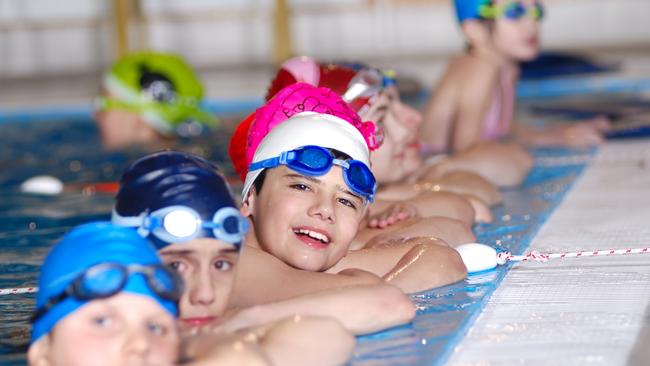It is never helpful to tell someone they’re fat. Especially not our kids
There’s no denying that we — and our kids — are getting fatter. We need to tackle this epidemic head on but not by fat shaming our kids.

Rendezview
Don't miss out on the headlines from Rendezview. Followed categories will be added to My News.
Fatty. Fatso. Pig. Muffin top. Thunder thighs. Fat shaming — or weight discrimination — is on the rise.
Described as the last acceptable bias, its reach is perverse, affecting some of our most vulnerable. Recently, a one-year-old girl from the UK was trolled by body-shaming bullies after her mother uploaded a photo of the infant online.
The glut of fat prejudice extends to some of the most influential people. Donald Trump brought the issue to the fore during a recent presidential debate with his remarks about a former Miss Universe winner.
There is no denying that we — and our kids — are getting fatter.
One in four Australian children are overweight or obese, contributing to our ranking as one of the fattest nations in the developed world and costing us an estimated $58 billion a year.

We need to tackle this epidemic head on — but not by fat shaming our kids. We are kidding ourselves if we ever think it is “helpful” to tell someone that they are fat. A body of research has shown calling kids fat is more likely to lead to an increase of weight gain and binge eating.
It is reassuring to see a rise in awareness of body image issues of our young people, backed by government and health experts. A recent report recommended using NAPLAN, that nation’s literacy and numeracy testing system, to compare physical activity among schools.
But New South Wales Health rejected this on the grounds that it would contribute to massive anxiety among kids, who already suffer from body image issues. We need to be sensitive when approaching the image of weight gain in young people, while at the same time finding solutions that advocate for the health of our kids.
But it’s not an easy task. An overwhelming 85 per cent of Australians are not physically active. In response, Sport NSW has called for an overhaul of the school curriculum so students as young as six would be forced to exercise for two 30-minute sessions each week.
Let’s make it clear — encouraging our kids to exercise (and to eat well) is not fat shaming. Physical activity needs to be included in the mix. But it’s not the only solution.
At a recent childhood obesity panel discussion hosted by the Sydney University, leading researchers and health experts agreed that obesity is a complex issue requiring interventions at every level.

Health and physical activity is not only the responsibility of the individual. We need bigger picture solutions, such as health-focused planning, health policies, food reform, healthy environments that encourage physical activity and transport initiatives.
Curriculum and schools-based health education programs — like Healthy Harold and Life Education — are also a vital part of the equation.
As parents, we face an uphill battle every time we visit the supermarket with our kids, with chocolate and sugary treats tauntingly placed at kids’ eye level. “Product architecture” is a cleverly employed strategy by marketers to make our kids want to buy this food.
Initiatives such as lolly-free check-outs are countering this, spurred by parent lobby groups. Parents and community are important role models for children.
Carer roles for grandparents are increasing as more parents join the workforce. A study published in the Journal of Obesity found that children whose grandparents served as fulltime childcare givers were 34 per cent more likely than their peers to be overweight.
There is a need to educate the wider community, including grandparents, about childhood health and nutrition. Alarmingly, children as young as three have been shown “thin person” preference. We need to ask ourselves how this could happen, and work together for the health of our kids.
Kellie Sloane is CEO of Life Education NSW


